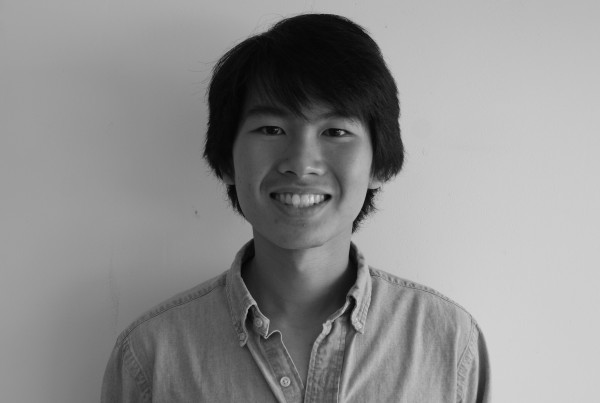America is oftentimes perceived as a model for 21st-century cosmopolitanism and plurality, with its thriving ethnic and cultural diversity. The country’s allure, in part, lies in its population of different backgrounds who form a collective identity, while successfully retaining distinct flavors of their ethnic culture, cuisine and custom. While such diversity was not always celebrated — advocacy for minorities’ rights and liberties constantly punctuate American history — the American narrative has come to a rather exemplary end. From my experience, most American citizens are proud to identify as American.
Individuals identify on many different levels. They have always done so, and the current ubiquity of transnational engagements suggests a continuation of this trend. People have traditionally categorized themselves by ethnicity, religion, geography and history. Yet, in this period of modern nation-states, nationality must displace all other narratives to become the primary form of identification. The relationship between the state and the citizen underpins much of today’s social life — the responsibility of the state for the welfare of its citizens and the duties of citizens to the state. Within this context, individuals form a collective national consciousness as the government safeguards their rights.
Recent developments on the global stage, however, prove that competing identities still remain a significant source of conflict. This competition has been evidenced by numerous cases of resistance and separationist movements challenging governmental legitimacy. Last Saturday, a brutal massacre occurred in China’s southwestern province of Yunnan, as assailants purportedly from the autonomous region of Xinjiang slaughtered innocent commuters at a train station. It was allegedly a violent protest against the government’s assimilation policies. This tragedy unfolded against the backdrop of a Western crisis: Russian military forces invading Ukrainian borders into Crimea. In both cases, grievances of ethnically and culturally different communities were propelled to the forefront, guided by a self-perception that their rights and freedoms were not adequately protected by the state.
In both cases, a particular group conceived of their identity as much less connected with nationality. Indeed, nationality does not have any visually discernable indicators. Both conflicts also concerned populations that reside outside the country’s mainstream identity. Similar examples are manifold. Palestinians in Israel and Tibetans in China are other cases that have been subject to intense international scrutiny. Undeniably, it would be naive to expect such deeply entrenched loyalties to simply dissolve in the face of nationalism. Yet, in an international context, countries count, not ethnic groups. It is unproductive when the foundations of the sacred state-individual relationship is disrupted. For example, an ethnic Turkic community should not differentiate themselves from the state — especially when secessionist sentiment internally is still ambiguous.
Regardless of the controversy and conflict in these regions, international boundaries are seldom redrawn. The process of doing so is synonymous with exacerbated geopolitical and social unrest. Consequently, governments hold the unenviable responsibility of striking a delicate balance between accommodation and assimilation of minority groups within their borders. To what extent should such communities preserve their own distinctive character and quality within a collective whole? Does the provision for such autonomy act as a barrier to the creation of a larger national identity?
Cultural, religious and linguistic preferences must be preserved — but only insofar as they do not inhibit the ability of minority groups to participate in social life outside these enclaves. Through education, cross-cultural interaction and a genuine appreciation of history one can readily achieve this. This ability of individuals to balance different identities within a collective whole is certainly not a radical construct. Rather, it is a necessary condition for the formation of a pluralistic and diverse community that celebrates each other’s differences. Such a community is characteristic of a thriving, 21st-century state. I continue to feel a sense of belonging to my ethnic group (Chinese), preserve my religious affiliation (Christian) and cherish my present place of residence (New York). But they should not compromise my nationality and inhibit me principally from being a citizen of the country I call home (Singapore). Such a reconciliation of competing identities allows us to celebrate the complexity of our character, and ultimately achieve a much deeper understanding of the various cultures and contexts that shape who we are.















































































































































